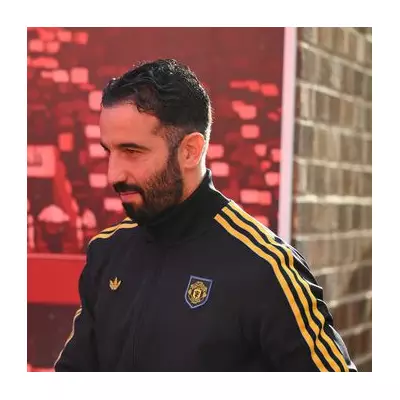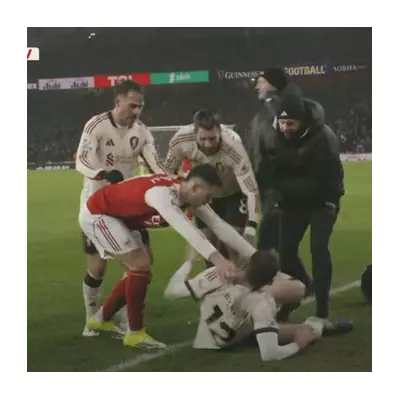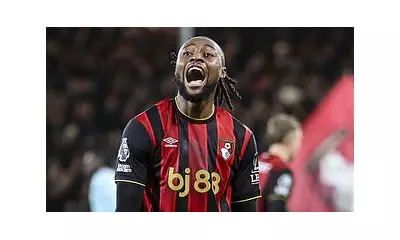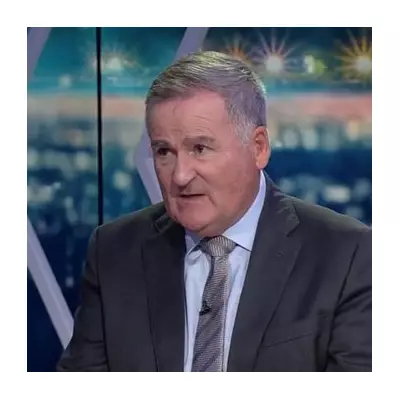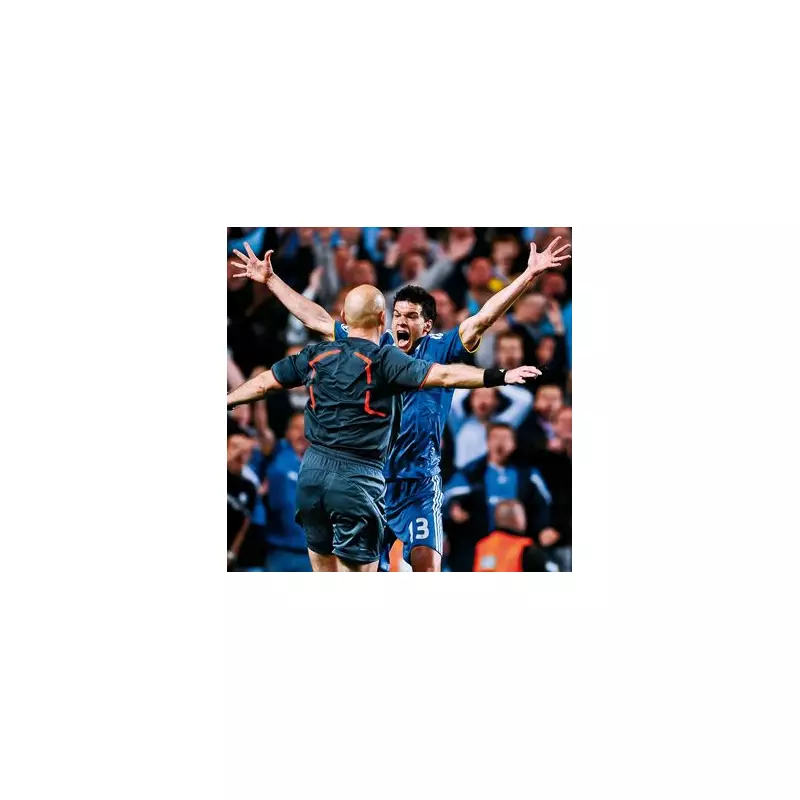
The upcoming Champions League encounter between Chelsea and Barcelona stirs memories of one of the most contentious matches in football history, a night that culminated in a legendary outburst and a push to change the rules of the game.
The Infamous Night at Stamford Bridge
In May 2009, Chelsea faced Barcelona in a Champions League semi-final second leg, a match that would become synonymous with controversy. The tie ended 1-1, with Barcelona progressing on aggregate thanks to a 90th-minute strike from Andres Iniesta. However, the result was overshadowed by a series of pivotal refereeing decisions from Norwegian official Tom Henning Ovrebo.
Ovrebo turned down four separate penalty appeals from Chelsea, leaving players and fans in a state of disbelief and fury. The sense of injustice was palpable throughout Stamford Bridge, creating an atmosphere of pure frustration.
Drogba's Explosive Reaction and the Fallout
As the final whistle blew, Chelsea striker Didier Drogba, still in his kit and wearing flip-flops, stormed towards a television camera. In a moment broadcast around the world, he shouted directly into the lens, "It's a disgrace, it's a disgrace, it's a f***ing disgrace."
The fallout was severe and immediate. Drogba received a four-match ban from UEFA for his protest. Teammate Jose Bosingwa was also banned for three games, with one suspended, for calling the referee a "thief". The controversy extended far beyond the pitch, as Ovrebo faced a torrent of abuse. He was forced to change hotels after the game, received death threats, and feared for his safety in the following days.
The Push for Transparency and a UEFA Rule Change
In the years since, Ovrebo has reflected on the event and its consequences. In a 2023 interview with BBC Radio 5 Live, he admitted that his performance was not his best, stating, "It was not my best day really. Some days you are not at the level you should be. I can't be proud of that performance."
More significantly, he argued that the situation could have been defused if referees were permitted to explain their decisions. Ovrebo revealed that UEFA had forbidden him from speaking to the press after the match. He proposed that a short post-match press conference for officials would have helped quieten the intense media storm, particularly from the English press.
He pointed to the system in his native Norway, where referees are allowed to talk to the media, as a model for greater openness. This direct call for a change in protocol highlights the lasting impact of that night, suggesting that such high-profile controversies could be mitigated with better communication from the officials involved.
To this day, the match remains a sore point for Chelsea supporters and a defining moment in Champions League lore, a stark reminder of how a single game can spark calls for reform in football's governing bodies.


